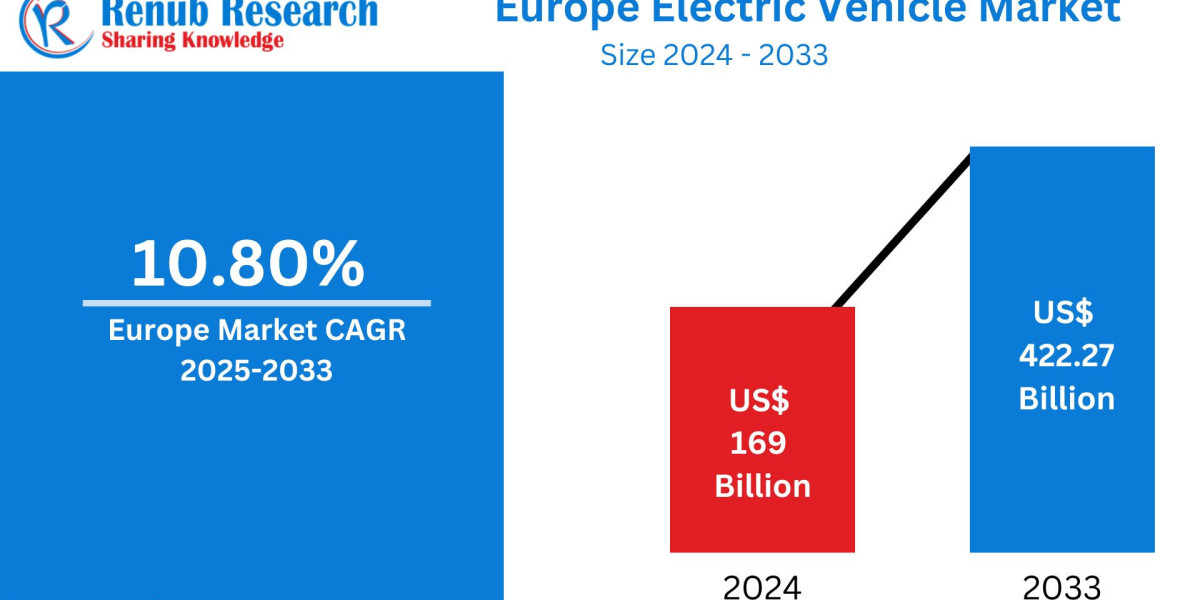In the heart of Oxford’s ever-evolving business landscape, one of the most significant shifts taking place is the move toward digital accounting. From small startups to established enterprises, companies are embracing technology to streamline their financial processes, ensure compliance, and gain valuable insights into their operations.
Gone are the days when accounting was confined to spreadsheets, paper ledgers, and mountains of receipts. Today, Oxford-based businesses are increasingly turning to cloud-based platforms and automation tools to simplify complex tasks, reduce errors, and make faster, more informed decisions.
The Rise of Digital Accounting in Oxford
Oxford, known for its academic excellence and growing innovation hubs, has witnessed a surge in digitally savvy entrepreneurs and SMEs. These businesses require agile solutions that keep up with the pace of growth. Digital accounting tools offer exactly that—flexibility, speed, and accuracy.
One of the major drivers of this shift is Making Tax Digital (MTD), the UK government’s initiative aimed at making tax administration more effective and efficient. MTD has pushed businesses in Oxford and beyond to adopt digital tools, thereby phasing out manual record-keeping. With cloud-based systems like Xero, QuickBooks, and Sage, businesses can now maintain real-time records, track expenses, and submit VAT returns without the administrative headache.
Key Benefits of Digital Accounting
1. Real-Time Financial Insights
Digital accounting platforms provide up-to-the-minute financial data. Business owners in Oxford can log in from anywhere and instantly view dashboards showing cash flow, outstanding invoices, and profit margins. This visibility empowers decision-makers to act swiftly, whether it's cutting costs or investing in growth.
2. Automation Reduces Human Error
Manual data entry is both time-consuming and error-prone. Digital accounting solutions automate repetitive tasks such as bank reconciliations, payroll processing, and invoice generation. For Oxford businesses dealing with multiple clients or transactions, automation ensures accuracy and frees up time to focus on strategic planning.
3. Better Compliance and Security
With HMRC's regulations becoming more stringent, businesses can’t afford compliance mishaps. Digital accounting tools automatically update to reflect the latest tax laws, reducing the risk of errors in filings. Additionally, cloud systems are secured with advanced encryption and regular backups, which helps safeguard sensitive financial data.
4. Easier Collaboration with Accountants
Accountants in Oxford are also reaping the benefits of digital transformation. These platforms allow real-time collaboration between business owners and their accountants. Instead of waiting for end-of-month reports or annual meetings, accountants can proactively advise on cash flow, tax planning, or financial strategy based on real-time data.
Digital Accounting and Small Business Growth
Digital accounting levels the playing field for small and medium-sized enterprises (SMEs) in Oxford. Where large corporations once had an edge with in-house finance teams and bespoke software, SMEs can now access similar tools at a fraction of the cost. This accessibility fosters growth, agility, and better financial planning.
For instance, small retailers and independent service providers can use digital invoicing systems to improve cash flow, receive payments faster, and reduce time spent on collections. Meanwhile, startups can attract investors more easily by producing professional, audit-ready financial reports at short notice.
Challenges in Adopting Digital Accounting
Despite the many benefits, some businesses in Oxford still hesitate to make the digital leap. Common concerns include the cost of software subscriptions, lack of in-house expertise, and resistance to change. However, these barriers are increasingly being addressed by local accounting firms and advisors in UK who offer training, onboarding support, and cloud migration services.
Additionally, the scalability of digital accounting platforms allows businesses to start small and upgrade as they grow. Most tools also offer integrations with inventory management, CRM, and HR software, making it easier to build a complete digital ecosystem over time.
The Future of Accounting in Oxford
Looking ahead, digital accounting is poised to become the norm rather than the exception. Artificial Intelligence (AI) and Machine Learning (ML) are already being integrated into accounting tools, offering predictive analytics and anomaly detection. For Oxford businesses that wish to stay competitive, adopting digital finance solutions isn’t just an option—it’s a necessity.
Moreover, as sustainability and environmental consciousness become more prominent in Oxford’s business community, digital accounting contributes by reducing paper usage and lowering the carbon footprint of administrative tasks.
Conclusion
The digital revolution in accounting is transforming how Oxford businesses operate—making them more agile, compliant, and insight-driven. As the city continues to grow as a hub for innovation and entrepreneurship, leveraging digital accounting tools will be key to staying ahead of the curve. Firms like Coxhinkins, with their forward-thinking approach and deep expertise, are helping businesses transition smoothly into the digital era and thrive in an increasingly competitive market.








